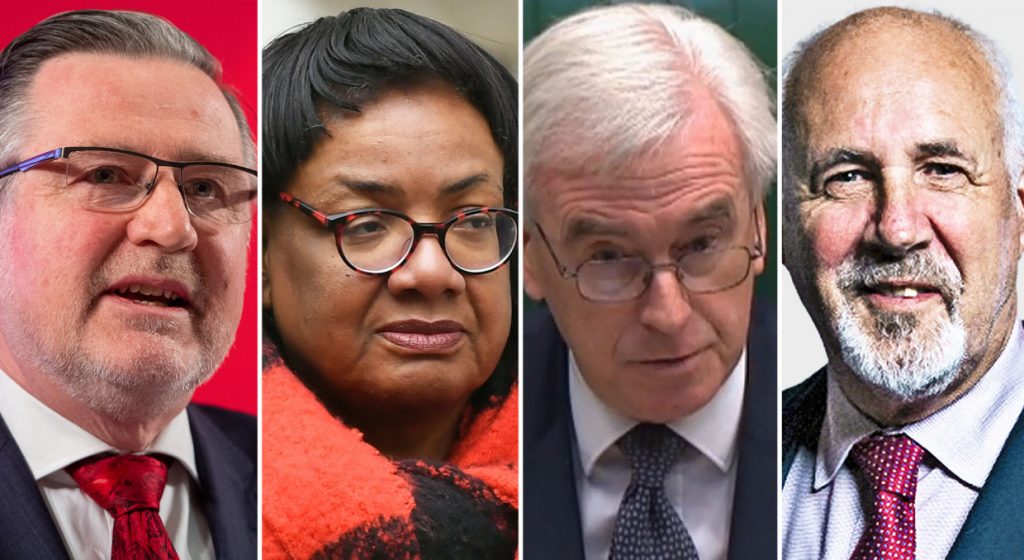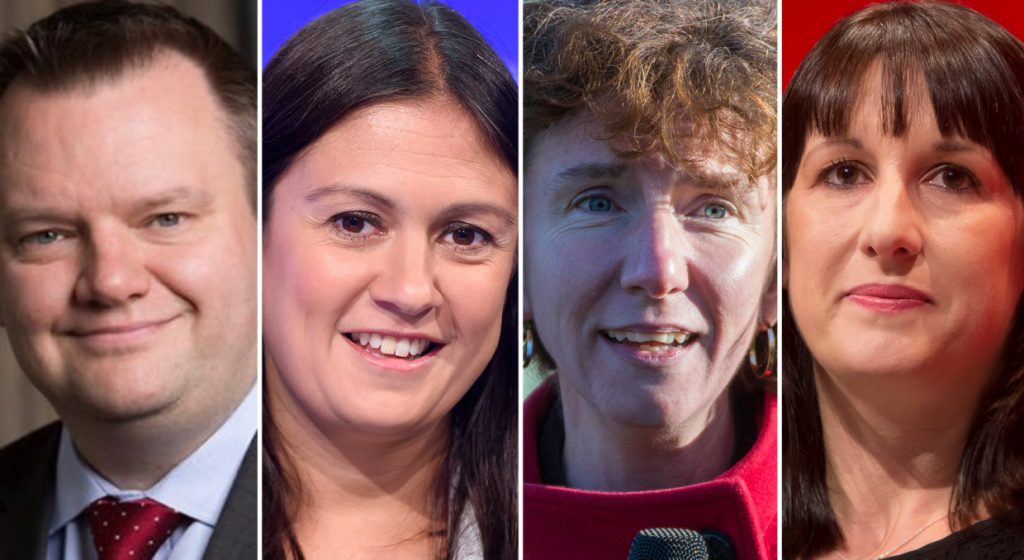Sir Keir Starmer, the shadow Brexit secretary, has won a resounding victory in the Labour leadership contest. He received 56.2% of the first-preference votes, beating Rebecca Long-Bailey (on 27.6%) and Lisa Nandy (on 16.2%). Starmer has agreed to meet Boris Johnson next week to discuss the government’s response to the coronavirus crisis. Just two days ago Johnson said in an open letter to opposition party leaders that all parties “have a duty to work together at this moment of national emergency.”
There is no doubt that the Labour leadership debates and overall process were overtaken by the Coronavirus epidemic and rightly so. When combined with Starmer’s relatively low profile before being elected, despite his thumping victory, many still won’t know who he is or his core values. He also still has a lot to shake off the perception that the Labour Party is not fit for governance after years of posturing by Corbyn. All these challenges mean his feelings of victory are bound to be short-lived because of the amount of work there is to do. Despite the mountain of challenges he faces, there are early signs of progress, although the bar remains low.

When Corbyn won the Labour Leadership in September 2015, his acceptance speech was full of heady optimism. He spoke of political revolution but many were confused about how he would get there, especially since he received the fewest parliamentary nominations. Many who nominated him said they had done so not to support his candidacy, but to widen the debate by including a socialist voice. What has since transpired is that his political revelation was a metaphoric one. He wanted to win the argument and not political power.
This was the first test Sir Kier faced: would he use his speech to tow a similar line or would he reset the party and re-cast a new vision for Labour? Would he be a leader of rhetoric and empty arguments or would he start preparing Labour for government and to make the party the election-winning machine it once was? One word that can be used to sum up Starmer following his speech is pragmatism.
Words we needed to hear
In his victory speech, Starmer said that working constructively with the government would not mean avoiding being critical when that was deserved. He said:
“Under my leadership, we will engage constructively with the government, not opposition for opposition’s sake. Not scoring party political points or making impossible demands. But with the courage to support where that’s the right thing to do.“
“But we will test the arguments that are put forward. We will shine a torch on critical issues and where we see mistakes or faltering government or things not happening as quickly as they should we’ll challenge that and call that out.“
He also made it clear that there must be no return to “business as usual” after the coronavirus crisis is over:
“When we do get through this we cannot go back to business as usual. This virus has exposed the fragility of our society. It’s lifted a curtain. Too many will have given too much. Some of us will have lost too much. We know in our hearts, things are going to have to change.“
“We can see so clearly now who the key workers really are. When we get through this it’ll be because of our NHS staff, our care workers, our ambulance drivers, our emergency services, our cleaners, our porters.“
“It will be because of the hard work and bravery of every key worker as they took on this virus and kept our country going.“
“For too long they’ve been taken for granted and poorly paid. They were last and now they should be first. In their courage and their sacrifice and their bravery, we can see a better future. This crisis has brought out the resilience and human spirit in all of us.“
In a move many wished came earlier from a Labour leader, he issued a fresh apology for antisemitism in the Labour party and promised to “tear out this poison”. He said:
“Antisemitism has been a stain on our party. I have seen the grief that it’s brought to so many Jewish communities. On behalf of the Labour party, I am sorry. And I will tear out this poison by its roots and judge success by the return of Jewish members and those who felt that they could no longer support us.“
This was probably the section of his speech that was most endearing and showed his pragmatism. Rather than running from what has been an achilles heel for the Party thus far, he addresses it head-on and shows bravery that seemed lost during Corbyn’s premiership.
Not just words, we need action
These were promising early signs that finally there seems to be a leader that understands the impact of antisemitism in the party and is driven to tackle it.
However, the British public is all too familiar with silver-tongued Labour politicians who say all the right things, make promises but fail to deliver. Starmer’s first test was to codify a new shadow cabinet that confirmed that his departure from Corbyn was not only rhetorical but practical. He seemed to have cleared this bar too, albeit, another relatively low one.

Sir Keir said he wanted all factions of the party to serve in his shadow cabinet and stressed that he wanted to bring an end to whether people were Blairites or Corbynistas. Following this, Diane Abbott lost her post as Shadow Home Secretary and Mr Corbyn’s closest ally, John McDonnell, was replaced as Shadow Chancellor by Anneliese Dodds. Rachel Reeves was appointed as the Shadow Chancellor of the Duchy of Lancaster and Jonathan Ashworth stays as Shadow Health Secretary. Ms Dodds also become the first female Shadow Chancellor.
In a move that revealed Starmer’s early instinct and his grip of the party, those most associated with the Corbyn project are gone. McDonnell’s departure was already secured. Today we learnt Ian Lavery and Jon Trickett are trundling up to the backbenches too.

Labour has always been a broad church, a home for the politically disenfranchised and much earlier on, a home for dissidents and campaigners. That you could have Kier Hardie, Arthur Henderson, Tony Blair and Corbyn in the same party was a testament to the range the Labour Party has always had. This was a point lost during Corbyn’s premiership.
The most successful Labour leader was ideologically capacious allowing different fractions to serve and asset themselves. This historically has always been when Labour did well. If Starmer can enforce this broad view and rescue the party from those on the hard left with an ideological fetish, there may just be life in this party still.


